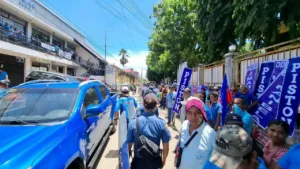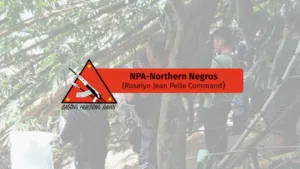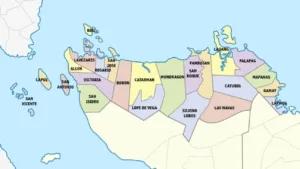My point in asking the eight questions is to assert the sovereign rights and interests of the Filipino people and get the best possible agreements in international relations on the basis of mutual respect, noninterference and mutual benefit. The Philippines should and can take advantage of a multipolar world in which the US can no longer dictate everything. Definitely, the Filipino people should avail of the best possible they can in dealing with a wider range of countries, including China and Russia.
[Source: Rappler.com»]

MANILA, Philippines (UPDATED) – Communist leader Jose Maria Sison is concerned that President Rodrigo Duterte’s plans to heavily borrow from China to finance his ambitious infrastructure-building could turn the Philippines into a “debt slave” of the Asian economic power.
Sison asked how “reliable” the Filipino-Chinese and Chinese businessmen close to Duterte are, wondering if in the long term China would force the Philippines to give up its claim on the West Philippine Sea (South China Sea).
These are among the 8 questions Sison raised on the Chinese loans amid a warning from an analyst of Forbes magazine that the planned P167 billion ($3.3 billion) in loans, based on pronouncements by Budget Secretary Benjamin Diokno, could balloon to P452 billion ($9 billion) and bring the country’s debt-to-GDP ratio to second worst in the world.
“Dutertenomics, fueled by expensive loans from China, will put the Philippines into virtual debt bondage if allowed to proceed,” the article read.
8 questions on the loans
Sison sent Rappler his comment to the article Sunday night, May 14. The questions included his concern that the direction of Duterte’s spending plans will “draw resources away” from their proposals on the peace table.
1. Can the Philippines really borrow the huge amount of P167 billion from China at so fast a rate?
2. Will not the Philippines become a debt slave of China?
3. Will not the drive to build, build, build infrastructure (rails, roads, and bridges) draw resources away from a program of national industrialization proposed by the NDFP in the negotiation of CASER?
4. At a certain point, will not China demand that the Philippines give up its EEZ (exclusive economic zone) and ECS (extended continental shelf) in the West Philippine Sea or else the loans will be called or cut off?
5. Will not China further nail down the Philippines to the status of an underdeveloped country providing raw materials to China, consuming manufactures from China, and ever begging for new loans to cover the trade deficit?
6. Does not the Philippines have already bad experiences in making deals with China, such as the overpriced NBN-ZTE and MRT scams during the Arroyo regime and the P3 billion wasted on defective trains from China during the Aquino regime?
7. How reliable or unreliable are those Filipino-Chinese and Chinese businessmen that are close to Duterte?
8. How does Duterte’s expectation of P167 billion compare with actual outcomes of China’s big loans to certain countries like Venezuela, Sri Lanka, etc?
Sison said he welcomes Duterte’s moves to boost ties with China and even Russia to “take advantage of a multipolar world in which the US can no longer dictate everything.” But the country should make sure that it does not find itself on the losing end.
“My point in asking the 8 questions is to assert the sovereign rights and interests of the Filipino people and get the best possible agreements in international relations on the basis of mutual respect, noninterference and mutual benefit,” he added.
Sison is the founder of the Communist Party of the Philippines (CPP) that is talking peace with the Duterte government.
Under the proposed Comprehensive Agreement on Socio-Economic Reforms (CASER), the communist rebels are pushing the government to spend on national industrialization and agrarian reform.
The two sides are holding their 5th round of talks later this month. – Rappler.com












